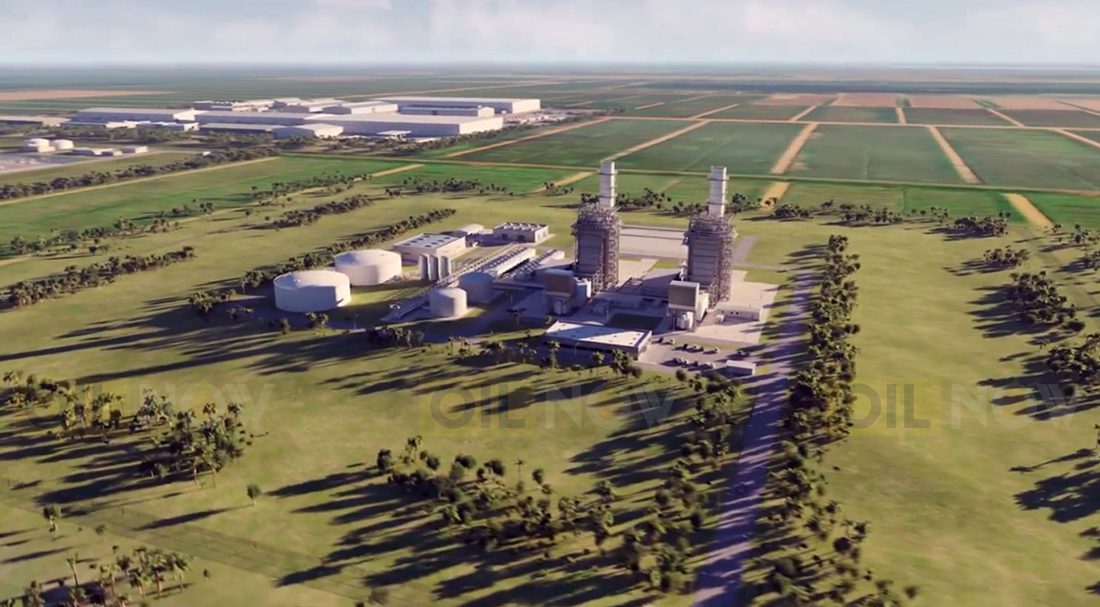Guyana’s Environmental Protection Agency (EPA) on Friday approved the landmark Gas-to-Energy project, based on an environmental impact assessment (EIA) submitted by ExxonMobil Guyana.
“The Environmental Assessment Board reviewed and declared the Environmental Impact Statement and Environmental Impact Assessment related to this project, acceptable in accordance with section 11(13) of the Environmental Protection Act, Cap. 20:05,” the regulator said.
The approval includes development of a Natural Gas Transport Pipeline, Materials Offloading Facility and Natural Gas Liquids Plant.
The project has been adjudged to be environmentally sound and in the public’s interest. This is based on technical reviews and recommendations from a team of independent international experts, public input and other relevant considerations, the EPA said.
Though the approval granted by the EPA to ExxonMobil provides for a NGL plant, the government is responsible for its construction.
The Guyana government recently issued a no-objection for US-based partnership CH4/Lindsayca to construct the 300 megawatts (MW) combined cycle power plant and natural gas liquids (NGL) facility. The administration decided to build the two plants in an integrated facility, as it is expected to save costs. The power plant was not included in ExxonMobil’s EIA, and is expected to be assessed under a separate authorisation process. However, the power plant is considered as part of the cumulative impact assessment.
CH4/Lindsayca had tendered a bid of approximately US$898 million. In earlier submissions to the EPA, ExxonMobil estimated its aspect of the project would cost US$1.3 billion but indicated that a higher certainty estimate would be forthcoming after the negotiation of major contracts. The current estimate for the Gas-to-Energy project is approximately US$2.2 billion.
The government has selected Engineers India Limited to supervise the Engineering, Procurement and Construction (EPC) of the onshore plant facility and is expected to hire another form to operate the project.
The Gas-to-Energy will provide for the transportation of natural gas from the Liza field in the Stabroek Block to the Wales Development Zone, where the onshore plants are to be built. The project is expected to facilitate a plan by government to slash consumer electricity rates by 50% and significantly reduce associated emissions. It will also allow for production of NGLs and dry natural gas for use by third parties, a venture that the government expects to be very profitable.



